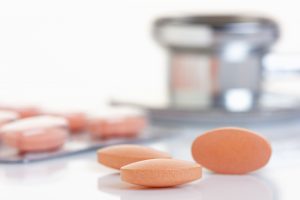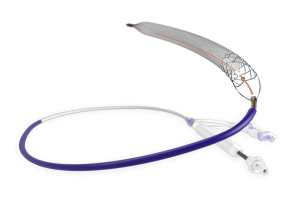This month, we are proud to shine our employee spotlight on Ida Ogrenaj, Registered Medical Assistant in the TJH Medical suite at Jamaica Hospital Medical Center. She has been working at our hospital for the past seven years.
Ida grew up in Albania where she attended elementary school, high school and college where she graduated with a degree as a teacher. She moved to the United States in 2010, settling in Middle Village where she still lives. She followed her passion for helping people by obtaining her Medical Assistant degree from the Bramson ORT school in Forest Hills.
Ida has an eight year old daughter, Alessia who she is very proud of. In her free time she enjoys spending time with her family and friends. One of her favorite sports is volleyball. She enjoys travelling and some of the countries she has visited are Greece, Italy, and Turkey. Most recently, she had the opportunity to visit a few states within the United States.
Ida enjoys many different types of cuisine, Mediterranean, Italian, and Spanish are her favorites. She likes various types of music and her favorite singer is Celine Dion. In her free time Ida enjoys photography, cooking and decorating. The things that are most important to her are family, friendships, peace, health and love.
Ida feels that working at Jamaica Hospital in the TJH Medical suite is a wonderful experience. She likes it because it is a great working, teaching, and learning environment. The staff is very friendly and she enjoys the diversity of the people she works with. Ida values the interactions with patients every day. She has a passion for helping people to stay healthy and looks forward to working at TJH Medical for many years in the future.
All content of this newsletter is intended for general information purposes only and is not intended or implied to be a substitute for professional medical advice, diagnosis or treatment. Please consult a medical professional before adopting any of the suggestions on this page. You must never disregard professional medical advice or delay seeking medical treatment based upon any content of this newsletter. PROMPTLY CONSULT YOUR PHYSICIAN OR CALL 911 IF YOU BELIEVE YOU HAVE A MEDICAL EMERGENCY.









